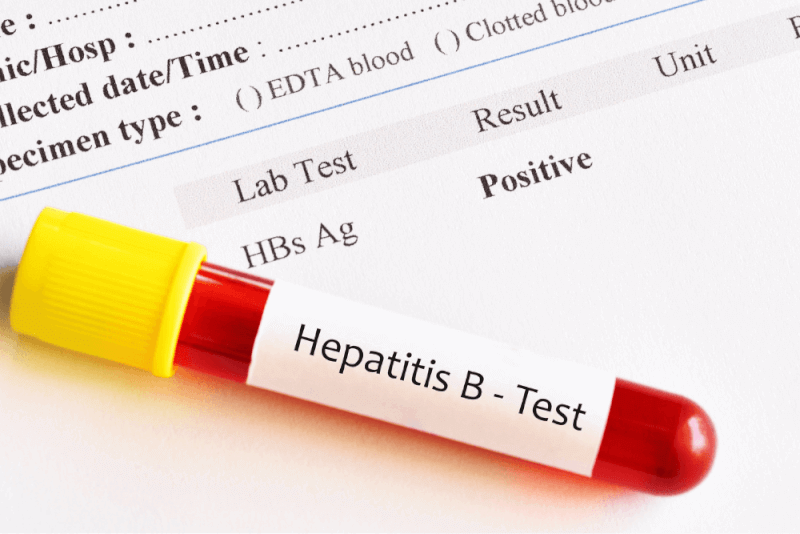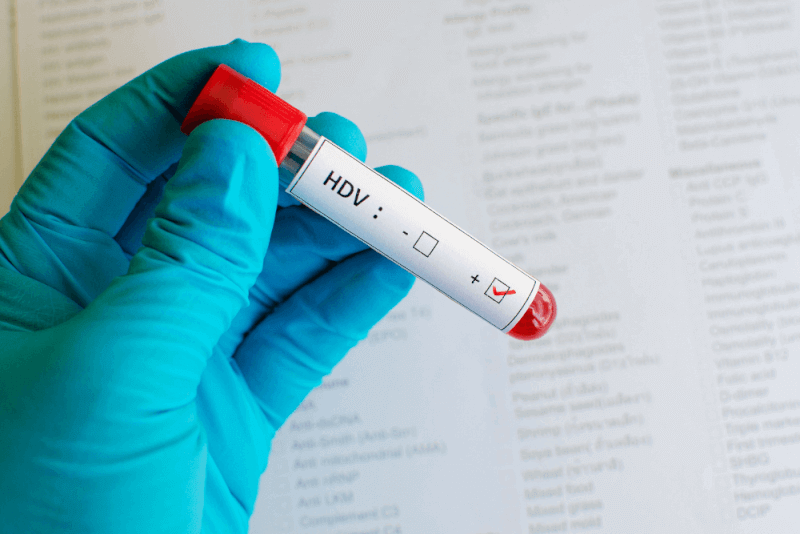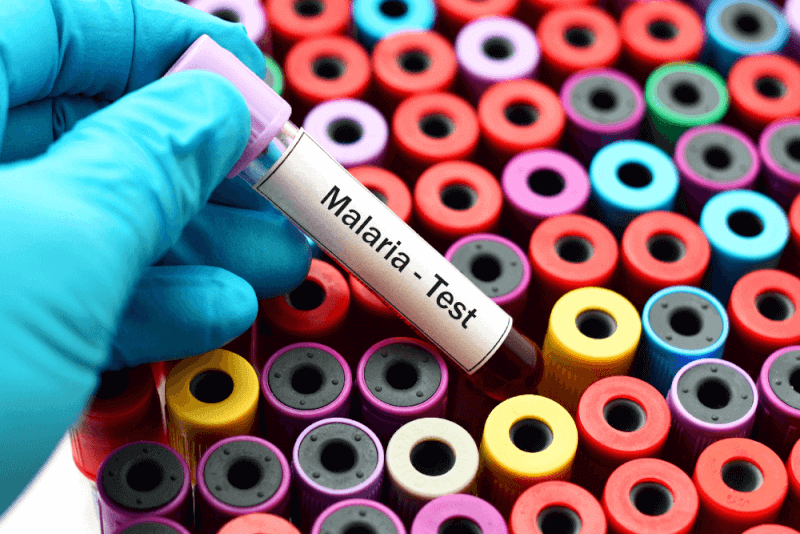What is Diphtheria?
Diphtheria, also known as Kuş Palazı, is a bacterial infection that primarily affects the mucous membranes of the eyes, skin, nose, and throat. It is caused by the microorganism Corynebacterium diphtheriae, which settles in specific areas of the body. Diphtheria mostly affects children under the age of 5 and can be fatal by damaging the heart, kidneys, and nervous system in later stages.
Diphtheria is usually transmitted through respiratory droplets. Skin diphtheria is spread through contact with contaminated objects or direct contact with the discharge from infected lesions. Direct contact with an infected person or carrier is necessary for transmission. Today, it is possible to prevent diphtheria through vaccination.
Diphtheria Diagnosis Criteria
- Diphtheria is suspected if there is a gray membrane covering the tonsils or throat along with a sore throat.
- To confirm the diagnosis, a sample from the throat membrane is examined in a laboratory culture.
- If there is an infected wound on the skin, a tissue sample is taken to evaluate the type of diphtheria affecting the skin in the laboratory.
Diphtheria Symptoms
The symptoms of diphtheria usually begin 2-5 days after infection, but this period can vary. The main symptoms of diphtheria include:
- Sore throat
- Gray membrane covering the tonsils and throat
- Hoarseness
- Breathing difficulties due to tissues blocking the throat and nose
- Difficulty swallowing
- Rapid breathing
- Swollen lymph nodes in the neck
- Weakness
- Fever and chills
- Runny nose
Causes of Diphtheria
Diphtheria is caused by bacteria that attach to the membranes of the respiratory system or the lining of the respiratory tract. These bacteria produce a harmful substance that damages the cells of the respiratory tissue. An infected person can spread the disease through respiratory droplets by sneezing or coughing.
Additionally, diphtheria can be transmitted through contact with objects used by the infected person, such as towels or other items that may harbor the bacteria. It can easily spread to individuals who have not been vaccinated against diphtheria.
Certain risk factors make it easier to contract diphtheria, including:
- Children or adults who have not been vaccinated against diphtheria
- Individuals living in unhealthy environments
- Individuals living in very crowded areas
- People traveling to regions where diphtheria is common
- Individuals traveling to countries with poor and insufficient vaccination practices
- People with diseases that affect the immune system, such as AIDS.
Diphtheria Treatment
- Preventive treatment may include the diphtheria vaccine. If someone has been exposed to diphtheria from an infected person, antibiotics and the diphtheria vaccine are administered to prevent the disease.
- Antibiotics are used to eliminate the bacteria from the body and clear the infection. Antibiotics also stop the spread of diphtheria.
- Antitoxin drugs are used to eliminate the toxins from the bodies of individuals diagnosed with diphtheria. These drugs are administered through muscle or vein injections.
- Diphtheria spreads quickly in unvaccinated individuals, so infected patients are usually isolated.
- Diphtheria patients are advised to consume soft and liquid foods to reduce throat pain and difficulty swallowing while eating.








